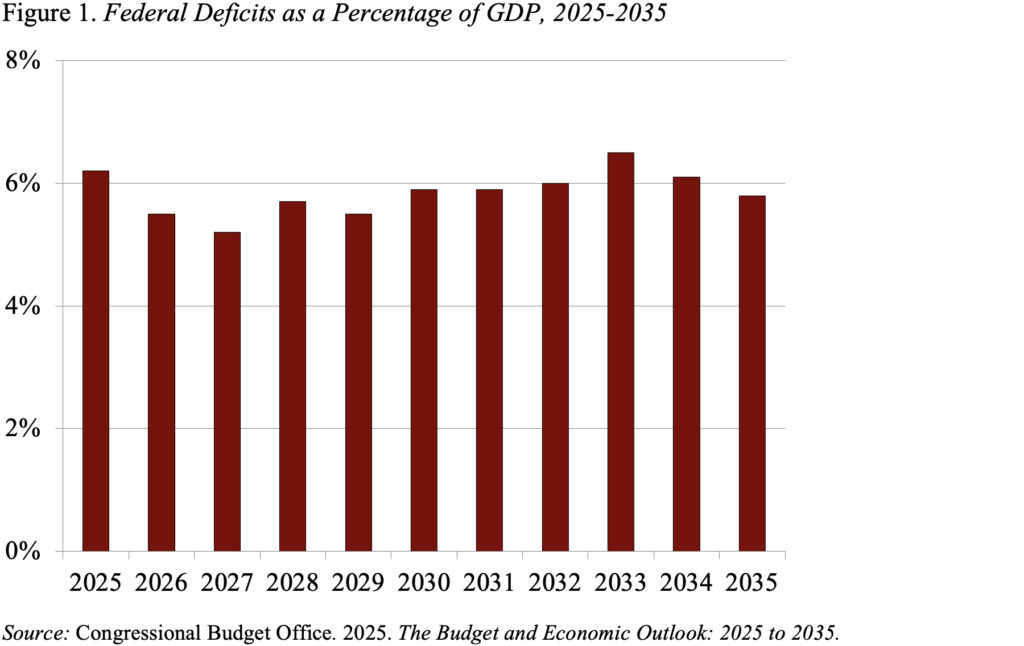1 Actively Managed Artificial Intelligence Etf To Buy Hand Over Fist And 1 To Avoid

It's not hard to see that artificial intelligence, or AI, is a massive opportunity. That's why I want exposure to AI stocks in my portfolio.
The problem is that I'm a value investor at heart and am best suited at evaluating bank stocks, real estate investment trusts, and consumer goods businesses. Fast-growing tech stocks just aren't in my wheelhouse enough for me to feel confident picking individual AI stocks.
Where to invest $1,000 right now? Our analyst team just revealed what they believe are the 10 best stocks to buy right now. See the 10 stocks »
For that reason, I'm taking the exchange-traded fund, or ETF, route when it comes to AI investing. There are several AI ETFs in the market, including a few that are actively managed. But not all are in the same boat. Here's one actively managed artificial intelligence ETF I'm planning to add to my portfolio in the very near future, and one that I'd pass on.
Here's the artificial intelligence ETF I'm buying in February
In my own portfolio, I'm planning to buy shares of the Ark Autonomous Technology & Robotics ETF (NYSEMKT: ARKQ), offered by Cathie Wood's Ark Invest. It is an actively managed ETF, which means Wood and her team allocate capital in stocks they think will beat their benchmark index. It also has a 0.75% expense ratio, which is reasonable for an actively managed fund like this.
Perhaps my favorite thing about the Ark Autonomous Technology & Robotics ETF is that it primarily owns under-the-radar AI stocks, not just the megacap names that I already have a lot of exposure to through the Vanguard S&P 500 ETF (NYSEMKT: VOO), which I already own. In fact, because of their massive size, the Magnificent Seven tech stocks make up more than one-third of the S&P 500 right now.
On the other hand, although the Ark fund's largest holding is Tesla (NASDAQ: TSLA), a Mag 7 stock, the rest of its largest holdings are not. Its next five holdings are Kratos Defense & Security (NASDAQ: KTOS), Teradyne (NASDAQ: TER), Rocket Lab USA (NASDAQ: RKLB), Archer Aviation (NYSE: ACHR), and Iridium Communications (NASDAQ: IRDM).
If there are names you haven't heard of, that's the point. The Ark Autonomous Technology & Robotics ETF is a great way to look beyond the big names in AI and get significant exposure to smaller, high-potential companies.
One AI ETF I'd avoid
The artificial intelligence ETF I'd stay away from is the Roundhill Generative AI & Technology ETF (NYSEMKT: CHAT). The ETF is the first to focus specifically on generative AI technology, and it is an actively managed ETF, just like the Ark ETF.
To be fair, this isn't a bad ETF. The expense ratio of 0.75% is in line with other actively managed ETFs, and its top holdings are definitely the leaders in generative AI technology.
The problem is that, at least for now, the ETF's holdings are very similar to the composition of the Nasdaq 100 benchmark index. Here's a look at the top five holdings of the Roundhill ETF and those of the Nasdaq 100-based Invesco QQQ ETF (NASDAQ: QQQ), as of the latest information.
|
Rank |
Roundhill Generative AI ETF |
Invesco QQQ ETF (Nasdaq 100) |
|---|---|---|
|
1 |
Nvidia (NASDAQ: NVDA) |
Apple (NASDAQ: AAPL) |
|
2 |
Alphabet (NASDAQ: GOOGL)(NASDAQ: GOOG) |
Microsoft |
|
3 |
Microsoft (NASDAQ: MSFT) |
Nvidia |
|
4 |
Meta Platforms (NASDAQ: META) |
Amazon.com (NASDAQ: AMZN) |
|
5 |
Taiwan Semiconductor (NYSE: TSM) |
Alphabet |
Data sources: Roundhill, Invesco fund information sheets.
Here's the key point: Three of the top five investments are the same in both funds' portfolios. And for context, Meta is the No. 7 holding in the Nasdaq 100. In simple terms, there is a lot of overlap between the two funds.
Again, the Roundhill Generative AI ETF isn't necessarily a bad product. It's just too similar to the holdings of the Invesco QQQ ETF, which has a much lower 0.20% expense ratio. So if your goal is exposure to the largest generative AI stocks, there's a solid case to be made that simply investing in the Nasdaq 100 is the better way to go.
Don’t miss this second chance at a potentially lucrative opportunity
Ever feel like you missed the boat in buying the most successful stocks? Then you’ll want to hear this.
On rare occasions, our expert team of analysts issues a “Double Down” stock recommendation for companies that they think are about to pop. If you’re worried you’ve already missed your chance to invest, now is the best time to buy before it’s too late. And the numbers speak for themselves:
- Nvidia: if you invested $1,000 when we doubled down in 2009, you’d have $311,343!*
- Apple: if you invested $1,000 when we doubled down in 2008, you’d have $44,694!*
- Netflix: if you invested $1,000 when we doubled down in 2004, you’d have $526,758!*
Right now, we’re issuing “Double Down” alerts for three incredible companies, and there may not be another chance like this anytime soon.
*Stock Advisor returns as of January 27, 2025
Randi Zuckerberg, a former director of market development and spokeswoman for Facebook and sister to Meta Platforms CEO Mark Zuckerberg, is a member of The Motley Fool's board of directors. John Mackey, former CEO of Whole Foods Market, an Amazon subsidiary, is a member of The Motley Fool's board of directors. Suzanne Frey, an executive at Alphabet, is a member of The Motley Fool's board of directors. Matt Frankel has positions in Amazon and Vanguard S&P 500 ETF. The Motley Fool has positions in and recommends Alphabet, Amazon, Apple, Meta Platforms, Microsoft, Nvidia, Taiwan Semiconductor Manufacturing, Tesla, and Vanguard S&P 500 ETF. The Motley Fool recommends Rocket Lab USA and Teradyne and recommends the following options: long January 2026 $395 calls on Microsoft and short January 2026 $405 calls on Microsoft. The Motley Fool has a disclosure policy.


